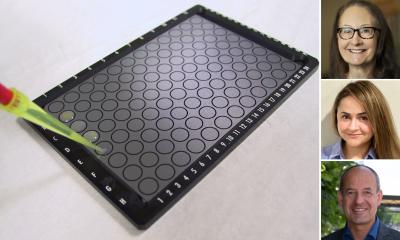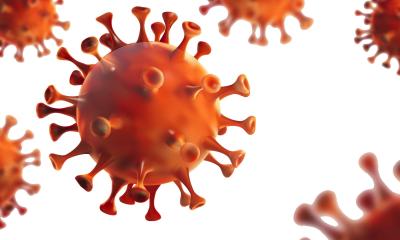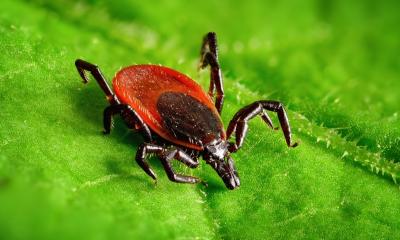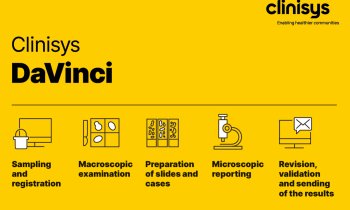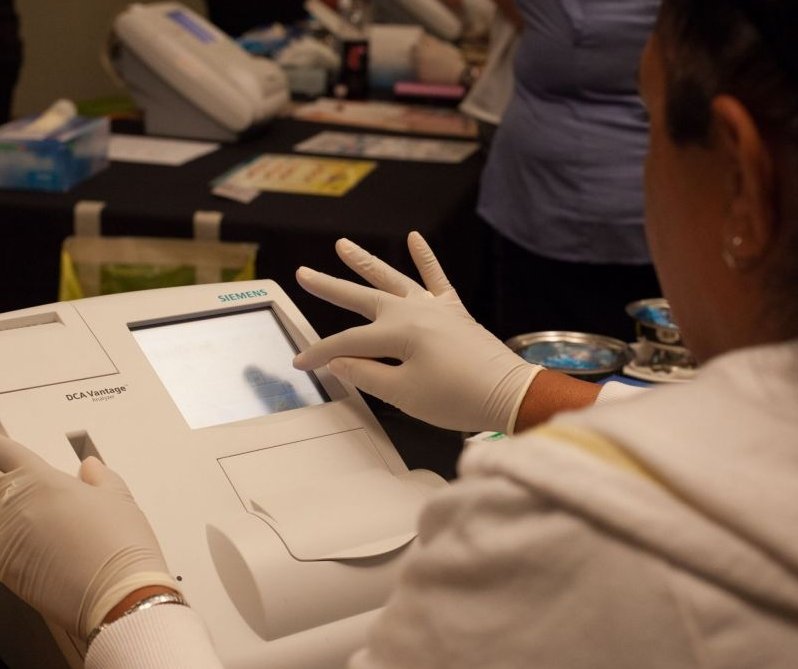
Image source: Flinders University
News • Infectious disease diagnostics
POCT for remote areas: Portable pathology passes the test
On-site pathology tests for infectious diseases in rural and remote locations can be just as reliable and accurate as tests carried out in a hospital laboratory, a new report from Flinders University shows.
Flinders University researchers tested the quality of on-site pathology testing, or Point-of-Care-Testing (POCT), for molecular-based, severe acute respiratory syndrome coronavirus 2 (Sars-CoV-2) detection in over 100 remote communities across Australia.

Image source: Flinders University
“Our study demonstrates that when point-of-care testing models are effectively established and managed, the quality of pathology results can be equivalent to laboratory tests, and the benefits for patients are overwhelmingly evident,” says Dr Susan Matthews from the International Centre for Point-of-Care Testing at Flinders University. “In Australia, POC testing supports hard-to-reach patients, including Indigenous communities in rural and remote areas, where long distances and social and cultural factors can prevent individuals from getting tested, meaning that infectious diseases can often be left untreated. The high prevalence among the Aboriginal and Torres Strait Islander population of infectious diseases like Covid-19, has consolidated demand for point-of-care diagnostic solutions particularly due to their cost-effectiveness, accessibility and ability to deliver immediate results,” she says.
The report assessed analytical quality in the Aboriginal and Torres Strait Islander Covid-19 Point-of-Care Testing Program in Australia which was launched in April 2020 to improve access to rapid molecular-based Sars-CoV-2 detection in remote communities. “The program reached 105 communities across Australia and was found to have contributed to averting a significant number of Covid-19 infections, resulting in substantial cost savings to the healthcare system,” says Dr Matthews.
Recommended article
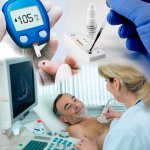
Article • Close to the patient
Focus on POCT
Bringing diagnostics to the patient: Point-of-Care-Testing (POCT) is all about examinations close to the patient – in the hospital ward, at the GP, in the ambulance or even in the patient's home. Keep reading for new developments and applications from rapid medical laboratory tests to mobile imaging solutions.
The analytical quality of the Covid-19 testing was supported by a robust operator training program and the implementation of a customised External Quality Assessment (EQA) program, the latter developed in partnership with the Royal College of Pathologists of Australasia Quality Assurance Programs (RCPAQAP).
“The EQA program allowed us to assess the accuracy and reliability of the Covid-19 test results and confirmed the technical competency of the trained remote health service POCT operators. Our findings highlight an ongoing need for well-designed, cost effective and externally accredited EQA programs, not just for SARS-CoV-2 but also for other diseases that require POC testing. The Covid-19 program has now been expanded to include testing for Influenza A and B, and respiratory syncytial virus (RSV), as well as Sars-CoV-2 and has the potential to stem acute and infectious diseases in rural and remote areas whilst saving the government billions of dollars in health costs,” she adds.
POCT was first introduced to remote health centres in 1999 through the Quality Assurance for Aboriginal and Torres Strait Islander Medical Services (QAAMS) Program, which the Flinders University International Centre for Point-of-Care Testing continues to manage on behalf of the Australian Government.
Source: Flinders University
03.06.2024



